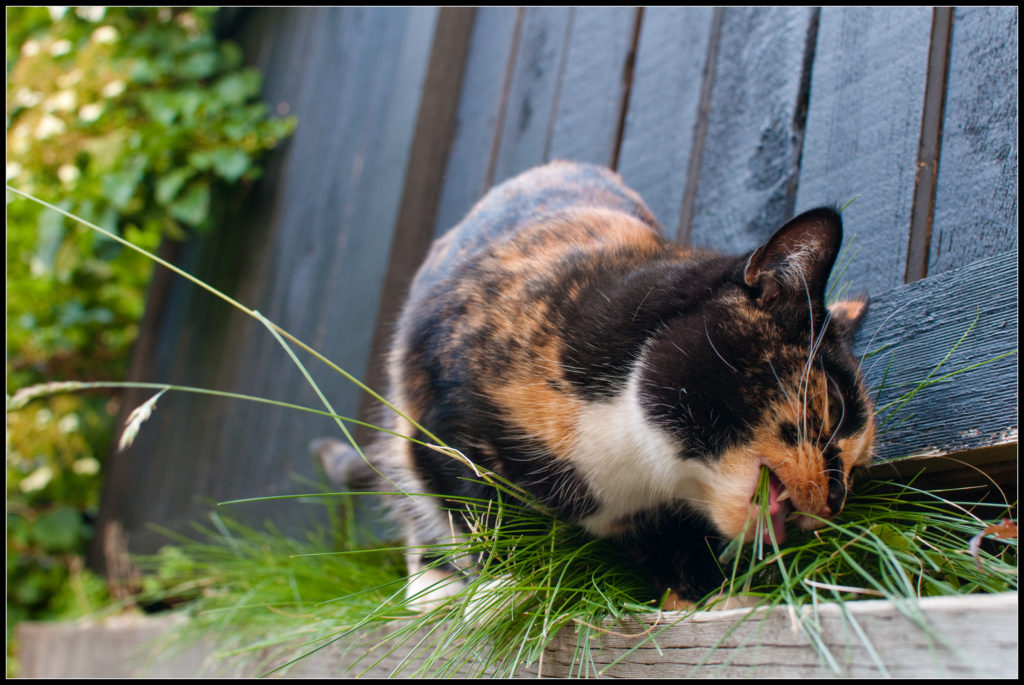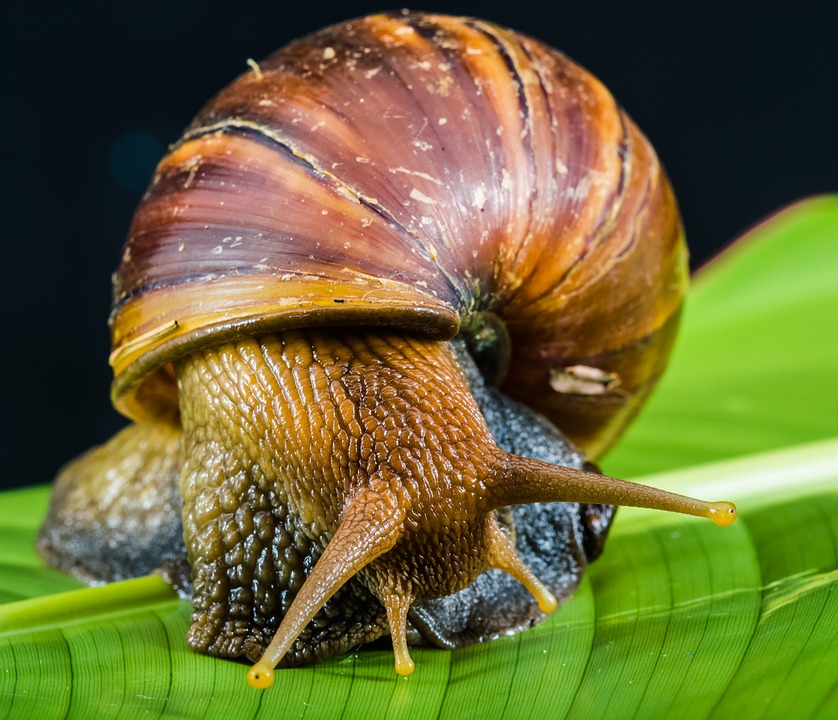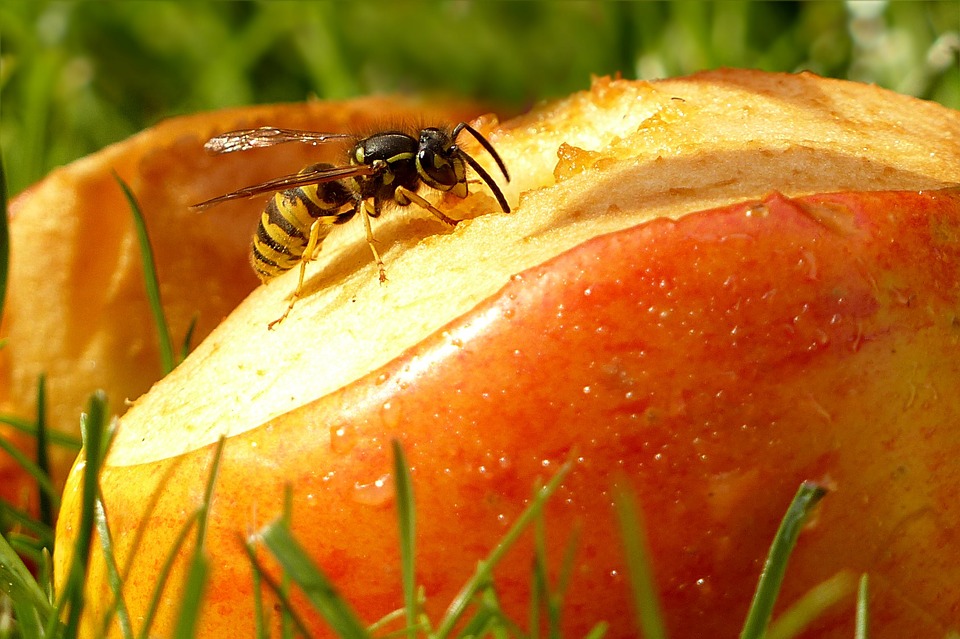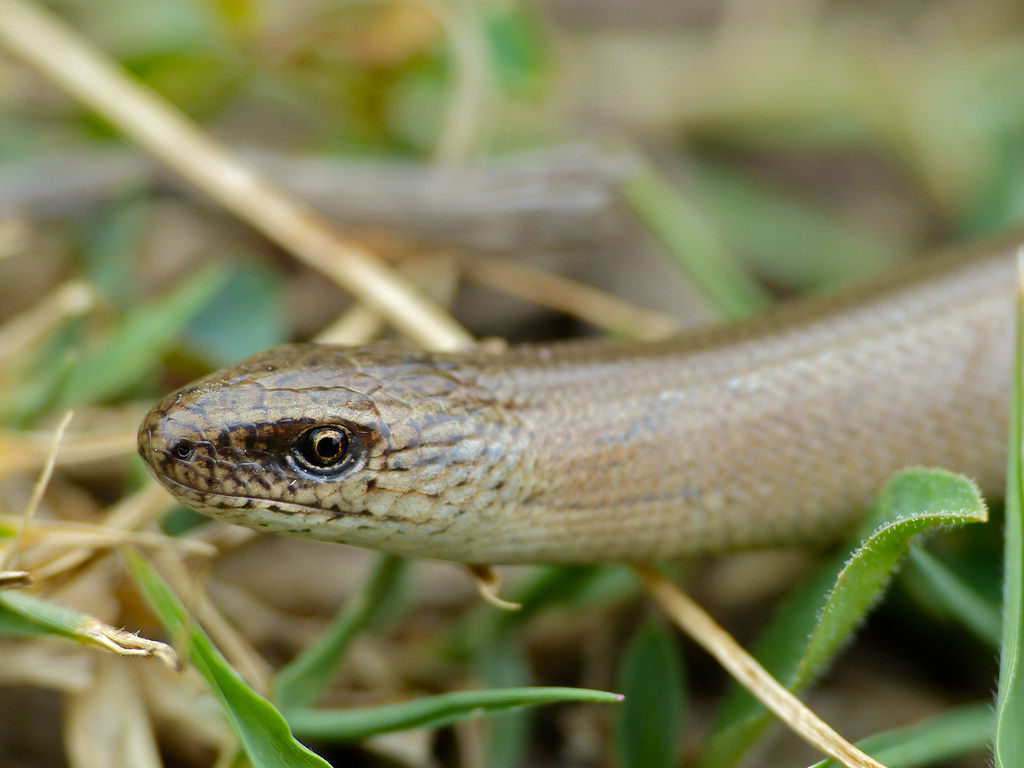Contributed Post
Having a garden gives you your own private escape into nature where you can watch the birds and squirrels and foxes and other wonderful wildlife. However, gardens also attract other unwanted critters. These ‘pests’ are the types that want to eat your plants or bite and sting you or steal food from your kitchen. Getting rid of them may require hiring pest control, such as by visiting a site like https://www.pestcontrolexperts.com/local/california/fresno/, but there are many DIY approaches to getting rid of such pests.
Here are a few ways of getting rid of the most common critters in the garden.
Slugs and snails
These slimy intruders are the bane of anyone that owns a vegetable patch. There are plenty of pesticides that you can get to deter slugs and snails, but these can sometimes contain chemicals that ward off other healthy garden biodiversity. Beer traps are one common way of getting rid of slugs and snails and can be placed by the crops you want to protect as a diversion. Salt sprays meanwhile can also be good for deterring slugs and snails. You can even get rid of these pests simply by growing plants far apart and away from the lawn – whilst travelling across the empty patch of soil between plants they’re likely to get picked off by birds.
Mites, weevils and aphids
Various small insects can wreak havoc on your garden. Insecticides generally work well against these creatures, but not every gardener likes to use these. Neem oil is generally a safe and natural way of warding off such pests. You can also prevent them by not growing plants in commercial grade soil, which may already have aphids in it when you buy it.
Wasps
Wasps won’t ruin your plants, but they’re nuisance when trying to eat outside and carry a nasty sting. Removing a wasp nest is generally something best left in the hands of a professional, although if you’re brave enough spraying the nest with soapy water might kill them off. Wasp traps are one way of catching these critters and can be made at home using an empty soda bottle. For warding them off, sliced cucumbers for some strange reason can be very effective – lay these around your garden and you may have less wasps venturing in. Hanging a crumpled paper bag from a tree can also create the illusion of a wasp nest, which may ward off wasps (wasps are territorial and do not venture into areas where there may be another nest).
Ants
These shifty bugs can get into your kitchen and eat their way through any sugary food. An infestation of ants generally means that there’s a nest in the area and you can find this nest by following the ants. If you find a nest in your garden, your best bet is to spray with a pesticide. Hot soapy water, boric acid, vinegar and blended orange peels are also deterrents that can help to destroy an ants nest.
Mice and rats
Mice and rats won’t cause much damage to your house or garden but these vermin can get into your kitchen and eat through all your food. If you find mice in your garden, there are many DIY ways of deterring them humanely. Avoid using straw as mulch as mice and rats love to turn this into a nest. Plants such as mint, garlic and onion are although believed to deter these furry critters. You can buy a number of humane traps as well as sonic mouse deterrents which will get rid of mice or rats. Alternatively, you could scare them off by getting a cat!
Spiders
Most spiders are harmless and help to control infestations of other insects, however most people are creeped out by them and don’t want them scurrying about the house. Orange peels, vinegar, chestnuts and tobacco are just some known deterrents that can be sprinkled around the garden to ward off these eight-legged creepy crawlies. You can also repel spiders with essential oils. Be wary of poisonous spiders, in such cases always call in professional pest removal.
Snakes
It’s uncommon to live in area with lots of snakes, but if you’re unlucky to live amongst an infestation of these slithering critters there are lots of repellents out there. Sonic noise devices similar to repelling mice often work on snakes too. Mothballs are also proven to deter snakes. Generally pest control is the best route of action, especially if you suspect the snakes to be venomous. A professional may be able to lay down traps or find the source of the snakes and end your trouble.
Mosquitoes
These tiny bloodsuckers lay eggs in standing water, therefore by getting rid of any source of standing water you’re more likely to get rid of those mozzies. Look out for plant pots full of rainwater or bird baths. If you have a pond, adding in a waterfall or filter is a good way of deterring mosquitoes – they do not like flowing water, only still water. A few plants are thought to repel mosquitoes including citronella, lavender and catnip. If you’re having a barbecue, throwing rosemary onto the coals can also create an aroma that the mosquitoes hate, whilst also giving your grilled food a lovely extra flavour.

Dora could not be bothered with me as she was more interested in the grass. I’m sure the grass was not as tasty as she made it out to be but cats seem to be attracted to it. My old cat usually used it to help regurgitate hairballs.
The neighbour’s cat
Occasionally the pest can be a domestic one such as the neighbour’s cat. Felines can destroy plants, defecate on the lawn and steal fish from ponds. Because killing them isn’t an option, more friendly deterrents need to be adopted for dealing with these crafty animals. Various plants such as pennyroyal and lavender are known cat deterrents. Cats also hate orange peels (as previously discussed, useful for also getting rid of spiders and ants). You can also made home-made sprays from black pepper, mustard and cinnamon – all scents that cats hate. Sonic noise devices and cat water repellents can also scare cats off of your premises.









